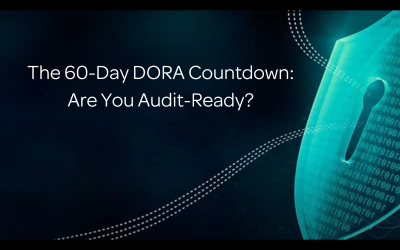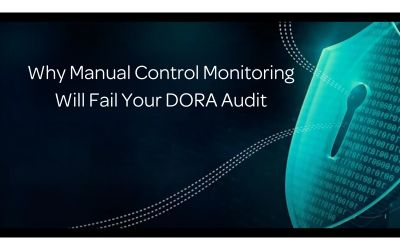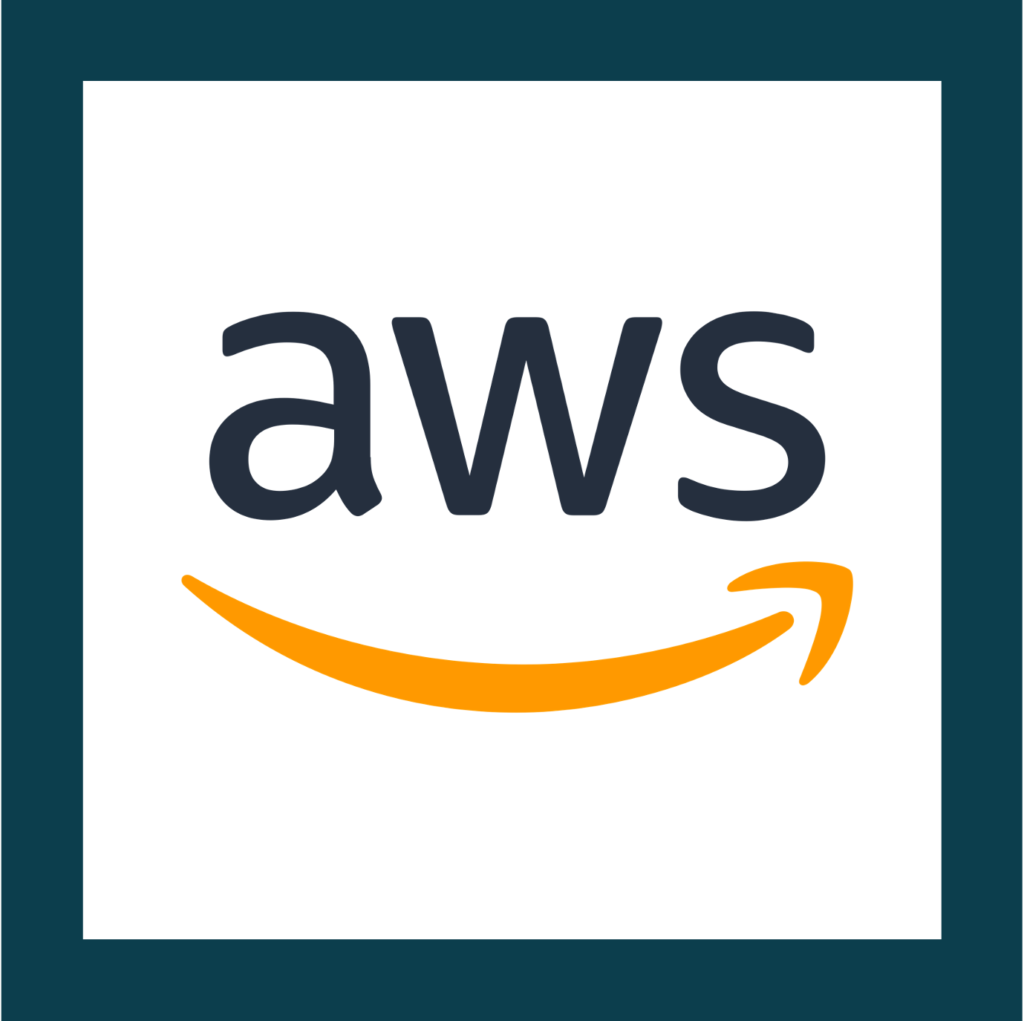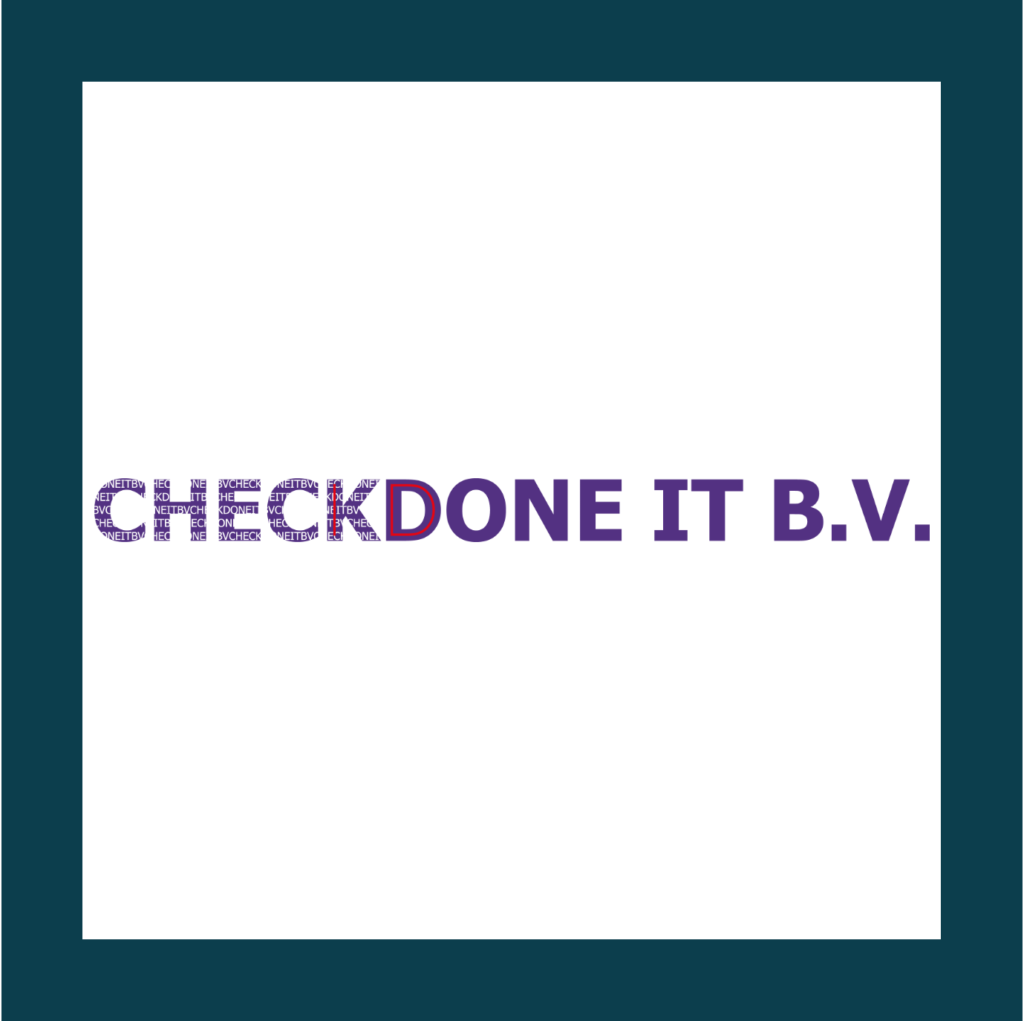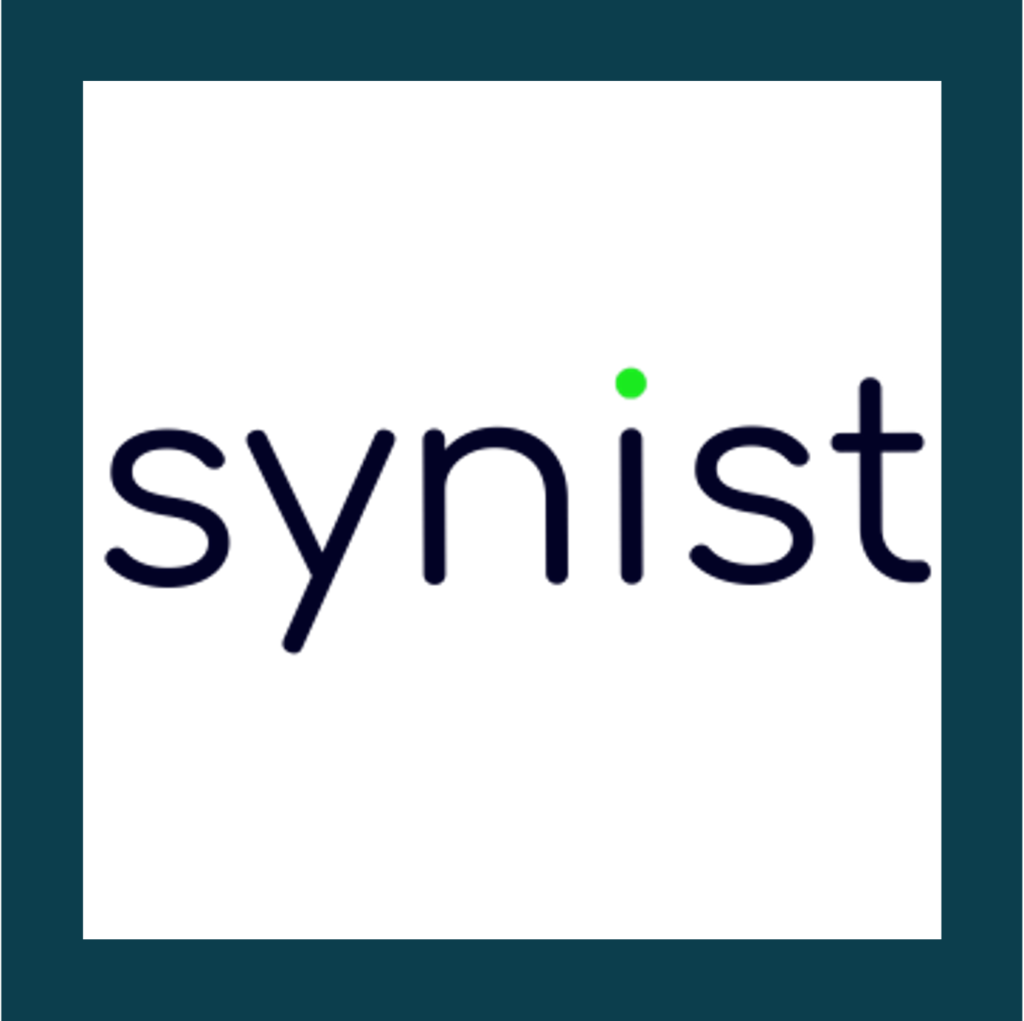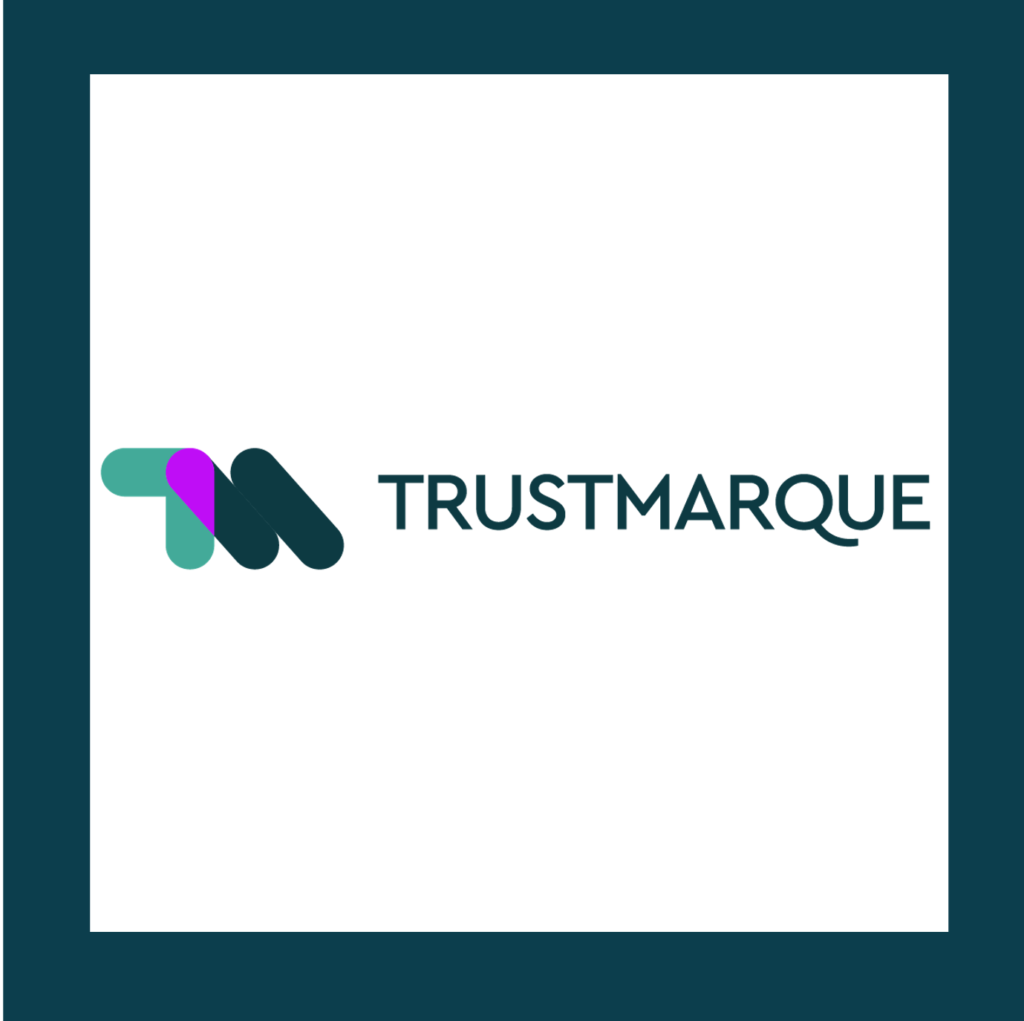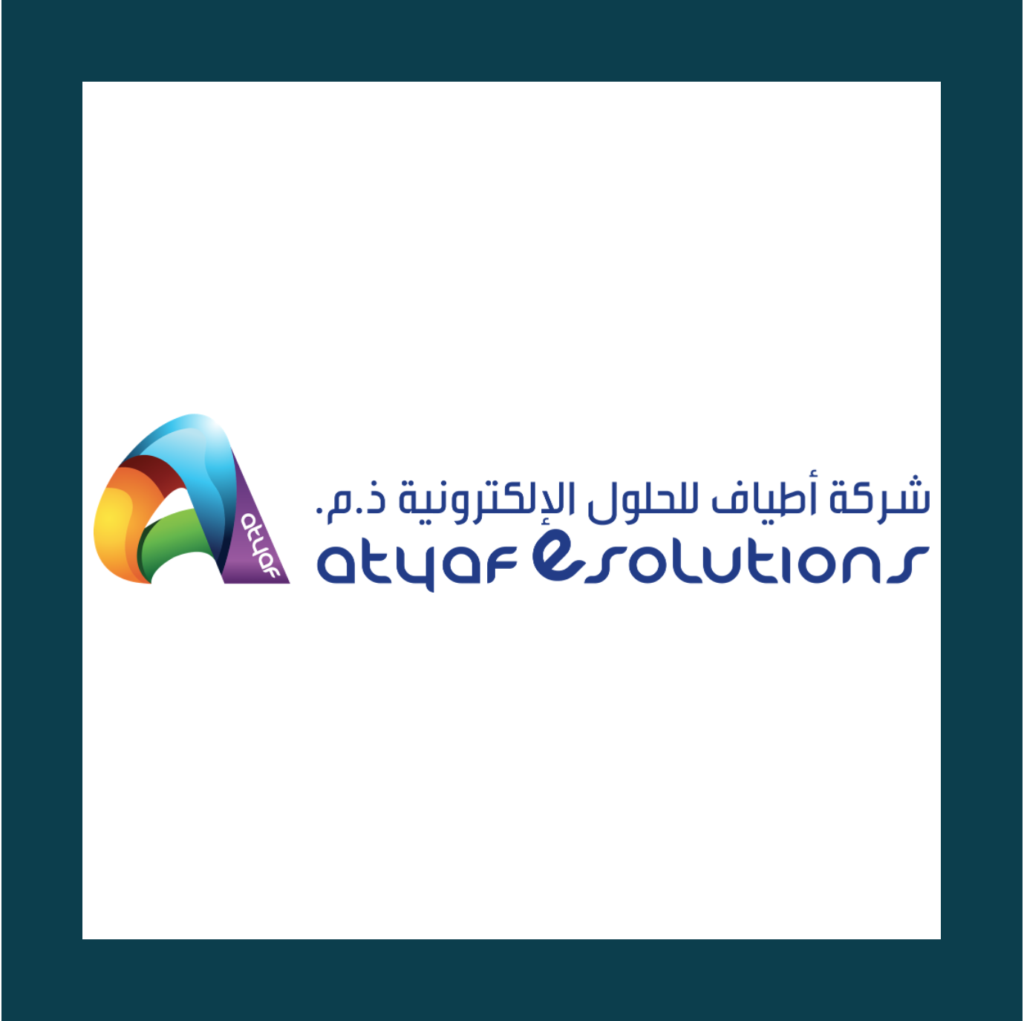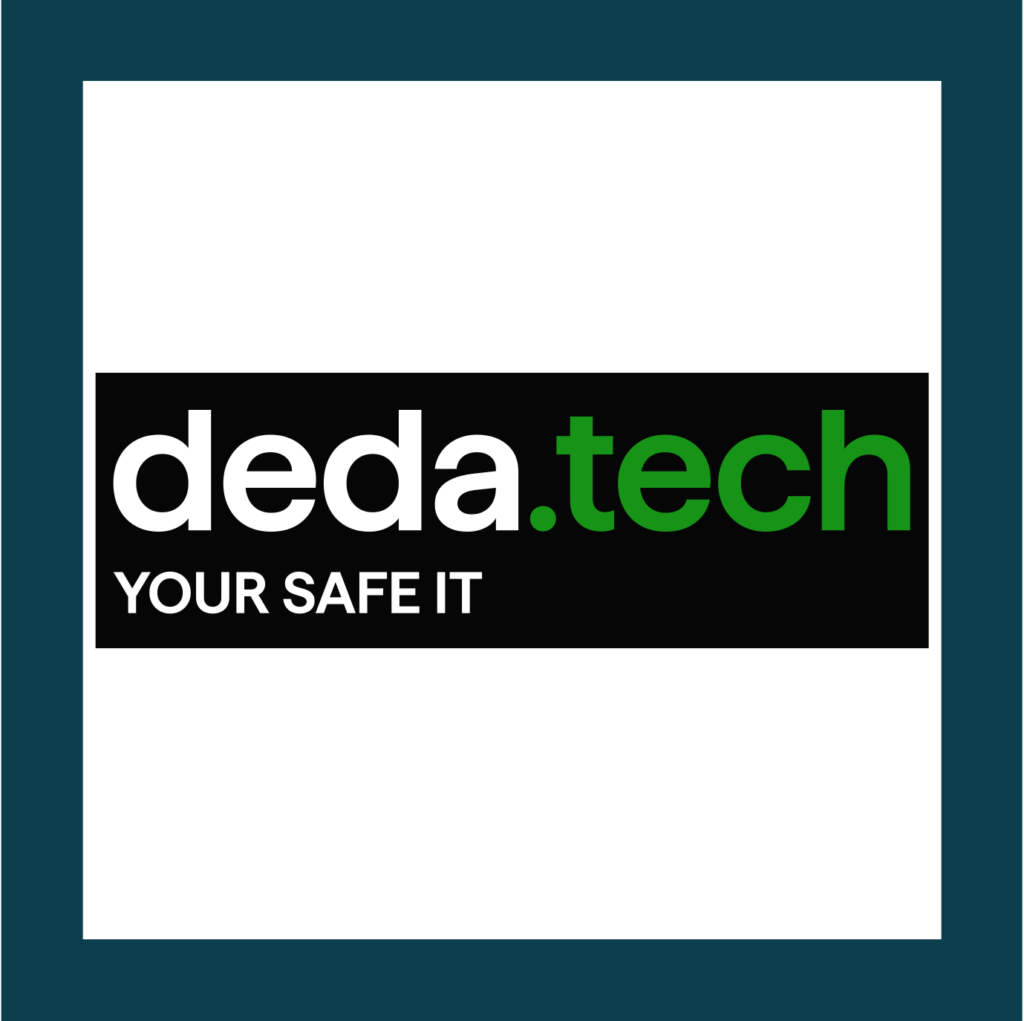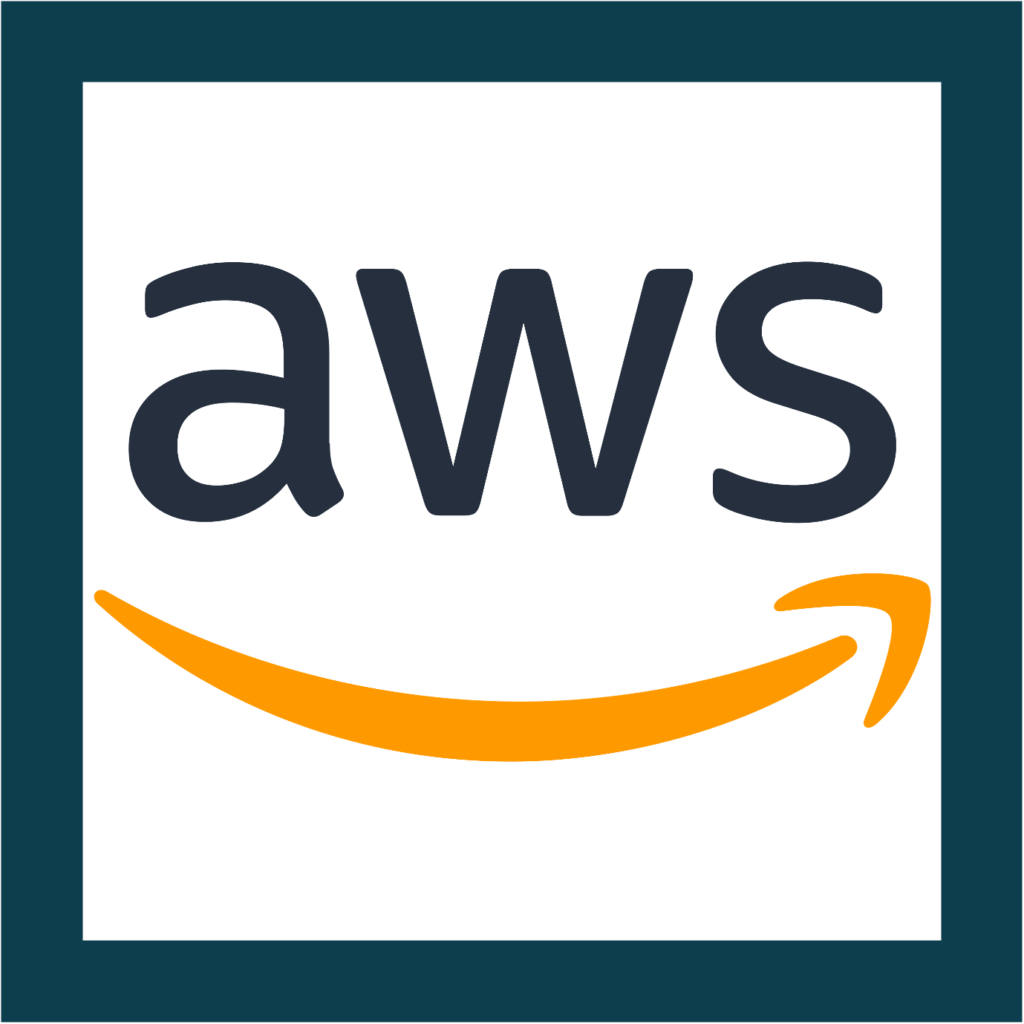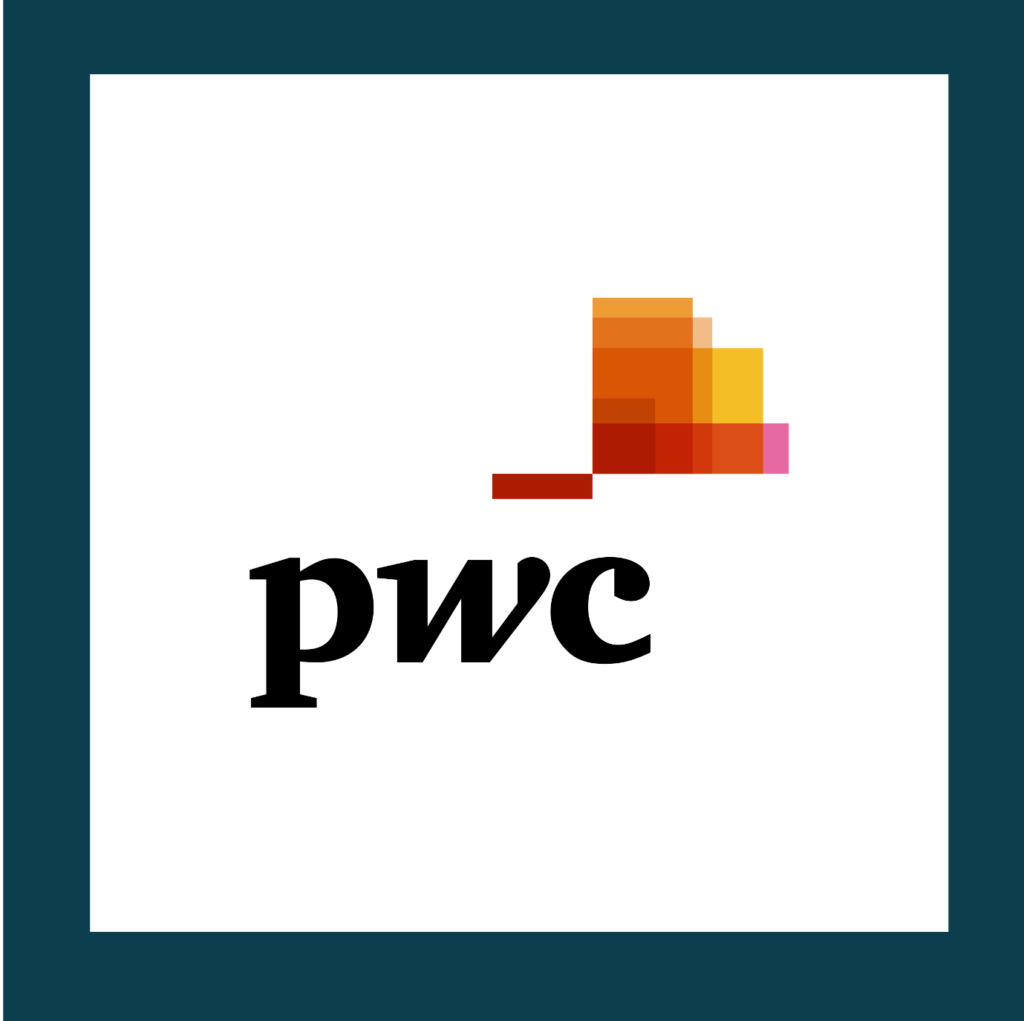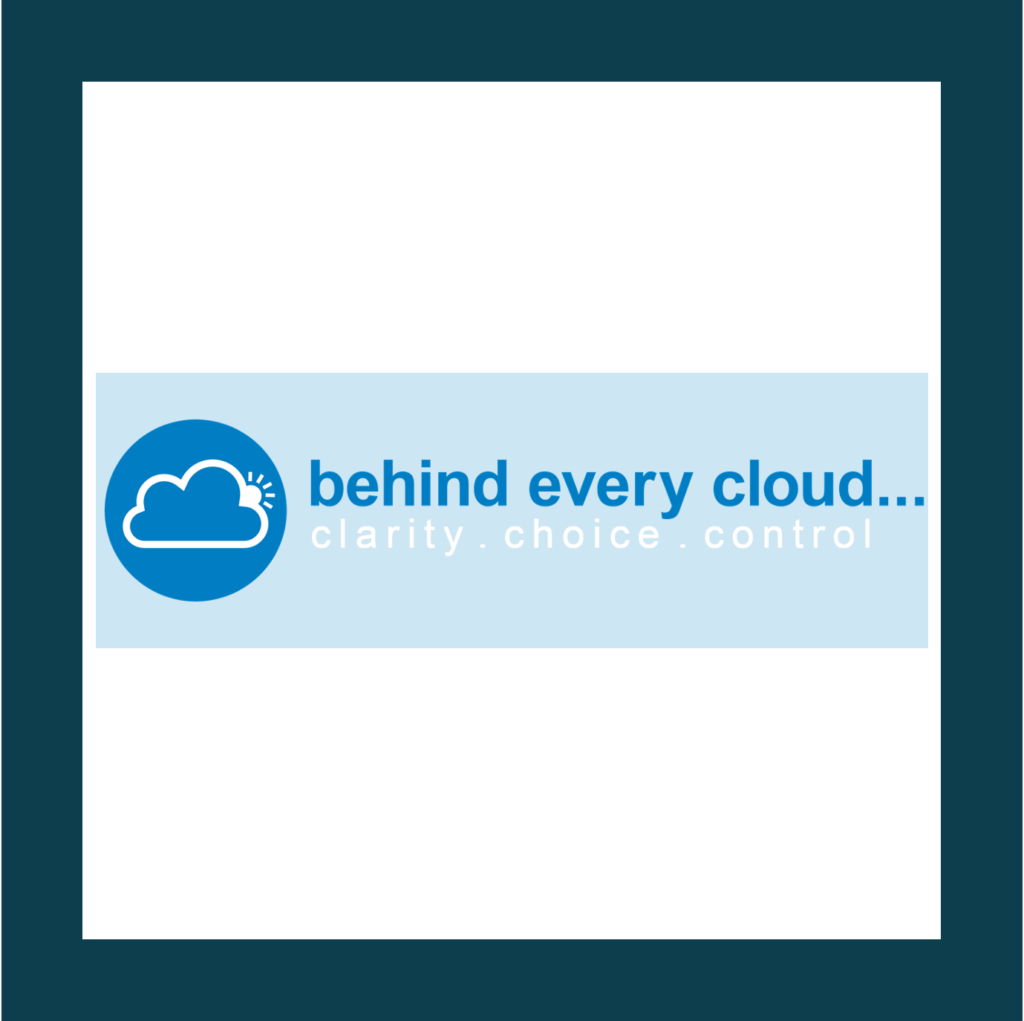Manufacturing is under siege.
As cyber attackers shift focus toward critical infrastructure, manufacturing has become a top target. According to the IBM X-Force Threat Intelligence Index 2024, nearly 25% of ransomware attacks targeted the manufacturing sector, making it the most attacked industry for the third year running.
For an industry already grappling with supply chain bottlenecks, legacy OT systems, workforce shortages, and increasing regulatory demands, this should be a wake-up call.
But the bigger issue?
Most manufacturers are flying blind.
They’re not monitoring their controls continuously—and it’s costing them.
Manual Cyber Security Is No Longer Fit for Purpose
Legacy approaches—spreadsheet-based audits, siloed assessments, and point-in-time snapshots—can’t keep up with today’s threats. They leave too many blind spots, especially in environments where uptime is critical and any delay has cascading effects across production and distribution.
Let’s be blunt:
A single misconfigured firewall rule, unpatched PLC, or unmonitored third-party connection can halt your factory floor, damage your reputation, and delay delivery to critical customers.
The Risk Is Real—And Quantifiable
Let’s break it down using an ROI-based risk model:
- Probability of Ransomware Attack (P): 25%
- Average Loss per Incident (L): $2.36M
- Annualised Loss Expectancy (ALE):
ALE = P x L = 0.25 x $2.36M = $590K
Now factor in Continuous Controls Monitoring:
- Risk Reduction from CCM: ~60% (conservative estimate based on observed reduction in exploitability and time-to-detect)
- Risk Avoided = $590K x 0.6 = $354K
- Average CCM Platform Cost: ~$100K per year
- Return on Security Investment (ROSI):
ROSI = (($354K – $100K) / $100K) x 100 = 254%
That equates to $3.54 saved for every $1 spent on CCM.
And that doesn’t even account for non-financial benefits like customer trust, regulatory posture, or incident recovery time.
Why CCM Makes Sense for Manufacturing
Legacy Systems Meet Modern Threats
Manufacturers run on Operational Technology (OT) that was never designed for today’s cyber threats. Traditional tools don’t cover these environments—but CCM does. It integrates across both IT and OT, identifying misconfigurations, failures, and weaknesses in real-time—without disrupting production.
Complex Supply Chains = Compound Risk
Supply chains are a double-edged sword: they drive efficiency but multiply your exposure.
CCM continuously validates third-party controls, monitors vendor access, and helps you visualise exposure in real time—before attackers exploit it.
Downtime Is a Cost Centre
Every minute your line is down, you’re losing money. Studies show the average cost of unplanned downtime in manufacturing is $260,000 per hour (Aberdeen Group).
CCM helps prevent this by identifying control failures before they snowball into breaches or outages.
CCM = Real Business Outcomes
Continuous Controls Monitoring is not just a cybersecurity tool—it’s a business enabler that supports:
Always-On Compliance
Map controls to regulatory frameworks like ISO 27001, NIST 800-53, and IEC 62443, giving you continuous evidence for audits.
Full Visibility Across Your Ecosystem
Monitor IT, OT, cloud, endpoints, and third parties—all in one dashboard.
Audit-Ready at All Times
CCM turns audit prep from a 4-week fire drill to an instant and constant flow of real time information.
Operational Resilience, Not Just Protection
Tie cybersecurity to business continuity KPIs. With CCM, security teams and plant managers speak the same language: uptime, throughput, and productivity.
Reduced Mean Time to Detect (MTTD) and Respond (MTTR)
CCM shrinks detection time from weeks to minutes by highlighting control failures the moment they happen—not after the damage is done.
The Future of Manufacturing Is Proactive, Not Reactive
Cyber attackers are automating their attacks at scale. Yet many manufacturers still rely on periodic reviews, manual updates, and static spreadsheets.
That mismatch isn’t just risky—it’s expensive.
CCM gives manufacturers the agility, visibility, and control to defend their assets, protect IP, and ensure uninterrupted operations.
If you’re serious about protecting your production lines, safeguarding your intellectual property, and complying with industry regulations without draining resources—CCM isn’t optional. It’s essential.
Take the first step, explore more information about our platform here.





